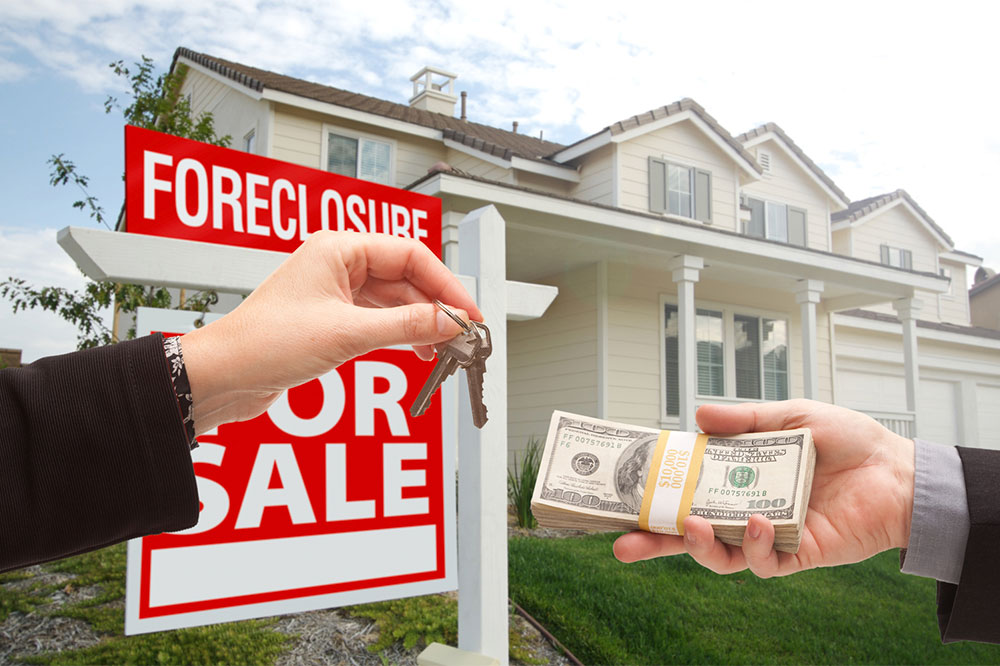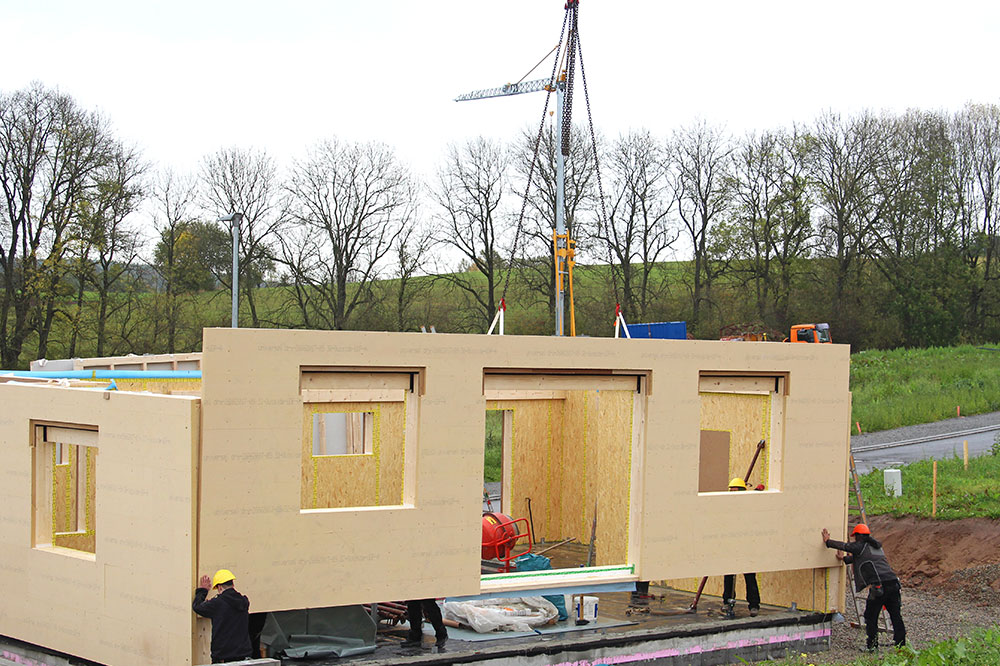Essential Strategies for Purchasing a Foreclosed Property
Learn effective tips for purchasing foreclosed homes, including the importance of expert guidance, negotiation tactics, federal financing options, and market analysis. This article helps buyers navigate the complex foreclosure process and make informed decisions for affordable property investment.

Essential Strategies for Purchasing a Foreclosed Property
A foreclosure happens when homeowners fail to meet mortgage obligations, resulting in the transfer of ownership to lenders. These properties are then sold by banks or financial institutions to recover unpaid loans, often at reduced prices. Buyers can access these opportunities for affordable homes and qualify for certain federal assistance programs. Before exploring these properties, consider these essential tips to make informed decisions.
Seek Expert Guidance
Major banks list foreclosed properties online, but enlisting a knowledgeable real estate agent can be invaluable. An experienced agent will help interpret the details, shortlist suitable options, and navigate legal documents effectively.
Agent representation ensures access to preforeclosure listings, public auctions, and bank-owned homes. They also have insider knowledge, helping you negotiate better prices. Remember, the agent's primary fiduciary duty is to protect your interests, regardless of who pays their commission. Utilizing specialized databases can connect you with agents experienced in foreclosed property transactions.
Pricing Negotiation
Buying a foreclosed property involves different pricing dynamics compared to typical sales. Multiple parties, including investors and the bank, influence the sale price. The property's condition, repair needs, and associated costs, such as taxes and insurance, must be factored into your offer. It's important to consider potential pre-sale inspections and future property expenses to determine a fair price.
Utilize Federal Loan Programs
Federal assistance can reduce the financial barriers of purchasing foreclosed homes. The USDA offers loans under Sections 502 and 504 for low-income rural residents, including grants for seniors. Veterans are eligible for special federal loans with benefits like no down payment and reduced closing costs. These programs make acquiring repossessed homes more accessible for qualified individuals.
Assess Market Trends
Foreclosed properties are usually sold in "as-is" condition, which may range from fully renovated to severely deteriorated. Conduct a comparative market analysis to understand the going rates for similar properties. This insight helps you craft competitive offers and avoid overpaying. Quick-moving listings may warrant higher bids, so acting promptly can secure the best deals.
Pros and Cons
Foreclosed homes can be purchased at lower prices with fewer upfront costs. However, these deals often require specialized knowledge and strong representation due to legal and property condition complexities. Homes needing minimal repairs offer better value, but if repairs are extensive, your total expenses could increase. Foreclosures attract investors aiming for quick profits, making competition stiff for typical buyers.
Always consult with real estate professionals before finalizing deals, and understand that contractual terms may evolve as negotiations continue. Proper due diligence ensures you make sound investment choices.










